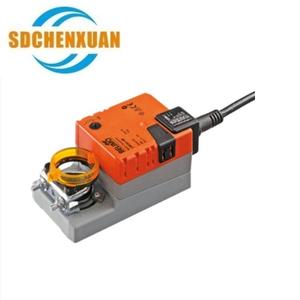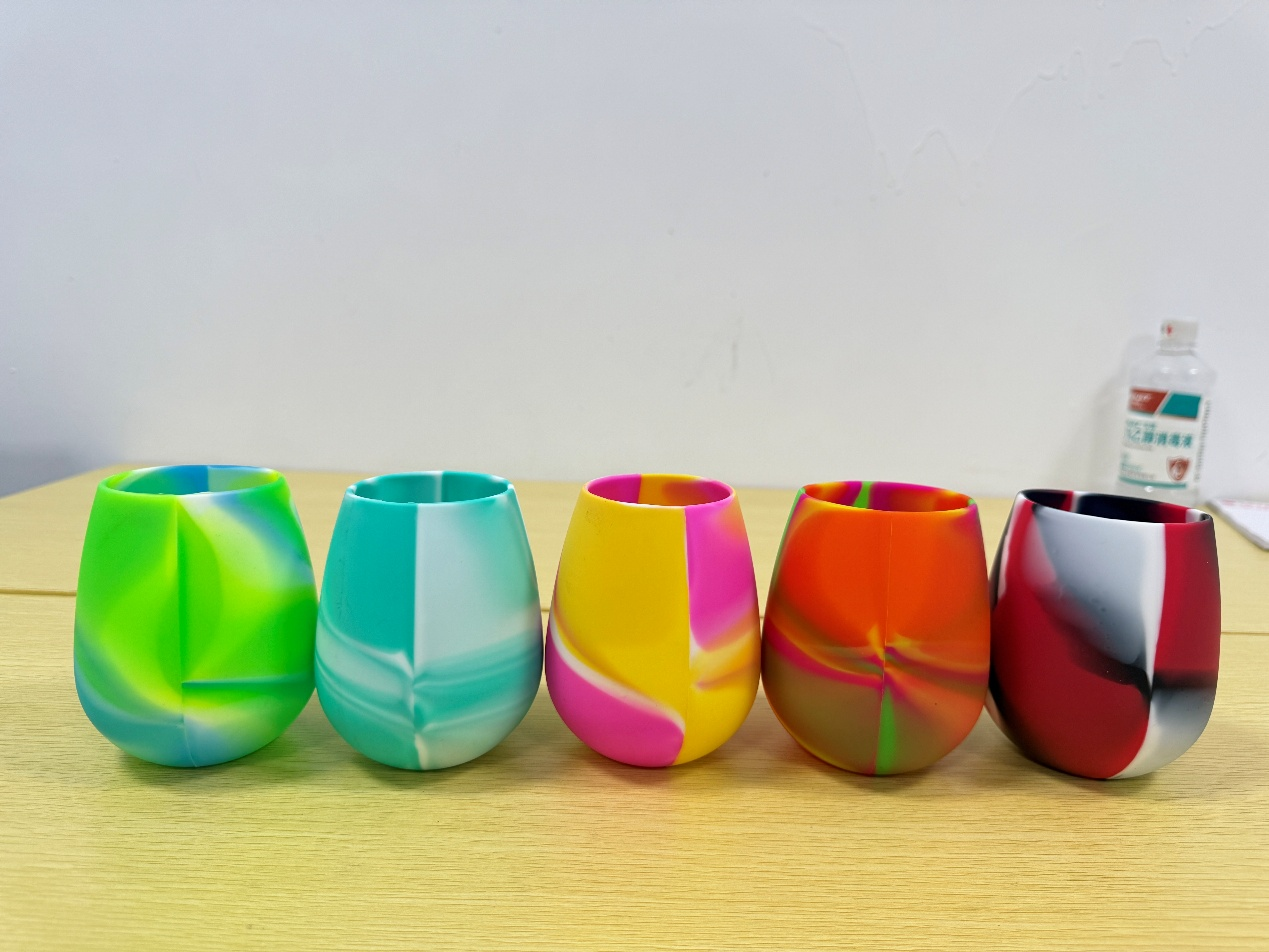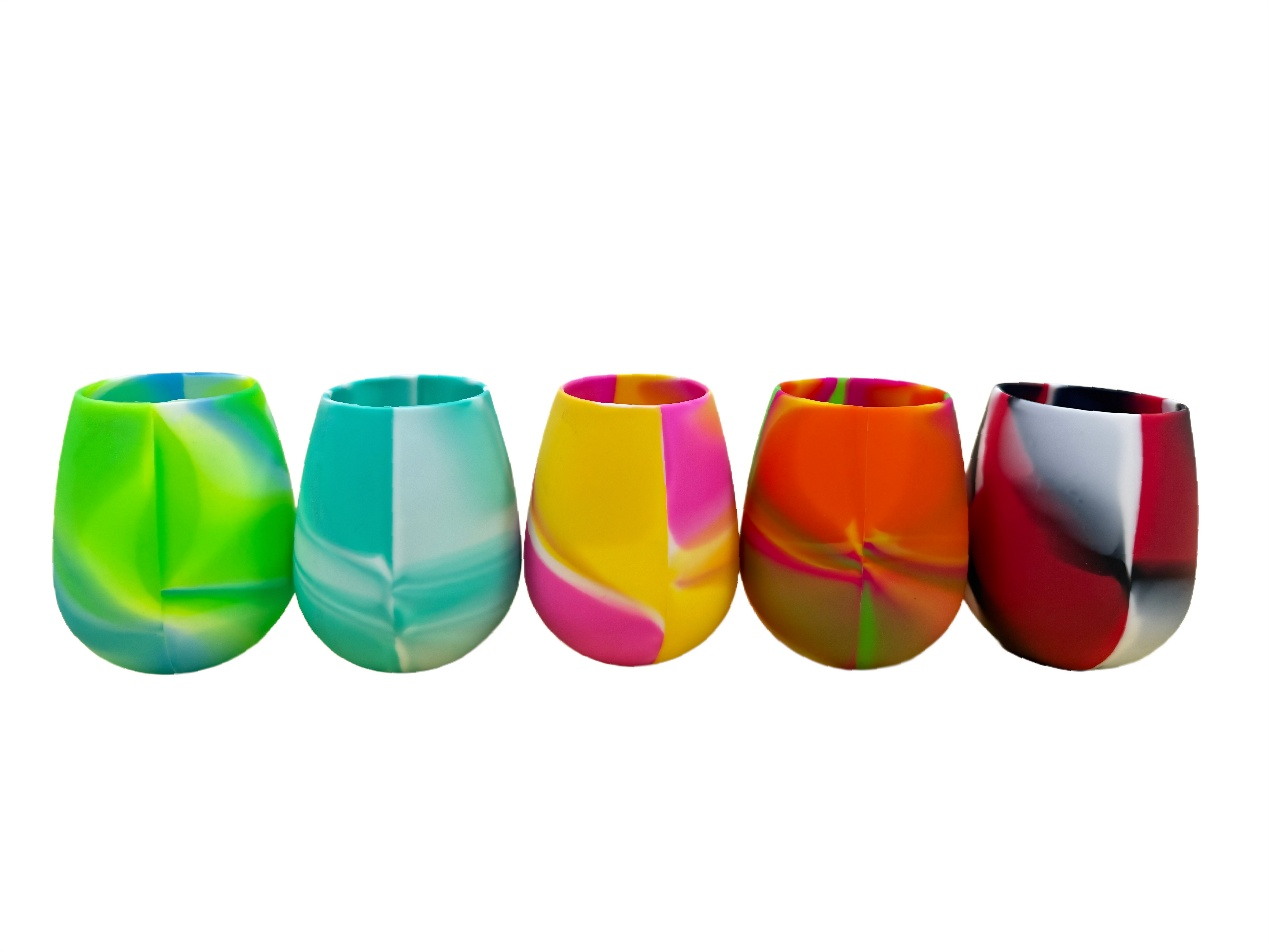In heating, ventilation and air conditioning (HVAC) systems, actuators are a vital component. They play an important role in ensuring the stable operation of the system and efficient energy utilization. This article will explore the role and importance of actuators in HVAC systems.

What is an actuator?
First, let's understand what an actuator is. Simply put, an actuator is a drive mechanism used to convert electrical signals or other energy sources into mechanical motion. In HVAC systems, actuators are usually connected to devices such as valves, fans, compressors, etc., and drive these devices to adjust the operating status of the system.
What does an actuator do in HVAC?
In HVAC systems, the main functions of actuators include the following aspects:
Control flow: Actuators can drive valves to regulate the flow of water, air or refrigerant. By controlling the flow rate, precise control of the system's temperature, humidity and air quality can be achieved.
Regulating temperature: The actuator can drive a radiator or condenser fan to control indoor temperature by regulating air flow. In cooling or heating mode, the actuator ensures that the system works according to the set temperature requirements.
Ventilation and air quality: The actuator can control ventilation fans to introduce fresh outdoor air into the room and discharge dirty indoor air at the same time. This is critical to maintaining indoor air quality and comfort.
Monitoring and safety: The actuator can be integrated with sensors and other monitoring equipment to realize automatic monitoring and safety protection functions of the system. For example, when an abnormality occurs in the system, the actuator can automatically close the valve or activate the alarm device to ensure the safe operation of the system.
In addition to the functions mentioned above, actuators have a variety of other applications. For example, they can be used to control parameters such as humidity, pressure and airflow distribution. As technology continues to advance, the performance and functionality of actuators are also constantly improving. New actuator designs are more efficient and precise, further improving HVAC system performance and energy efficiency.
To summarize, actuators play a vital role in HVAC systems. They are key factors to ensure stable system operation, precise control and energy saving. As HVAC technology continues to develop, the applications of actuators will become more extensive and diversified. By selecting appropriate system configurations and high-quality actuators, we can improve the performance and reliability of HVAC systems and create a more comfortable and energy-saving indoor environment for people.

 English
English Español
Español Português
Português русский
русский français
français 日本語
日本語 Deutsch
Deutsch Tiếng Việt
Tiếng Việt Italiano
Italiano Nederlands
Nederlands ไทย
ไทย Polski
Polski 한국어
한국어 Svenska
Svenska magyar
magyar Malay
Malay বাংলা
বাংলা Dansk
Dansk Suomi
Suomi हिन्दी
हिन्दी Pilipino
Pilipino Türk
Türk Gaeilge
Gaeilge عربى
عربى Indonesia
Indonesia norsk
norsk اردو
اردو čeština
čeština Ελληνικά
Ελληνικά Українська
Українська Javanese
Javanese فارسی
فارسی தமிழ்
தமிழ் తెలుగు
తెలుగు नेपाली
नेपाली Burmese
Burmese български
български ລາວ
ລາວ Latine
Latine Қазақ
Қазақ Euskal
Euskal Azərbaycan
Azərbaycan slovenský
slovenský Македонски
Македонски Lietuvos
Lietuvos Eesti Keel
Eesti Keel Română
Română Slovenski
Slovenski मराठी
मराठी Српски
Српски 简体中文
简体中文 Esperanto
Esperanto Afrikaans
Afrikaans Català
Català עִברִית
עִברִית Cymraeg
Cymraeg Galego
Galego 繁体中文
繁体中文 Latvietis
Latvietis icelandic
icelandic יידיש
יידיש Беларус
Беларус Hrvatski
Hrvatski Kreyòl ayisyen
Kreyòl ayisyen Shqiptar
Shqiptar Malti
Malti lugha ya Kiswahili
lugha ya Kiswahili አማርኛ
አማርኛ Bosanski
Bosanski Frysk
Frysk ជនជាតិខ្មែរ
ជនជាតិខ្មែរ ქართული
ქართული ગુજરાતી
ગુજરાતી Hausa
Hausa Кыргыз тили
Кыргыз тили ಕನ್ನಡ
ಕನ್ನಡ Corsa
Corsa Kurdî
Kurdî മലയാളം
മലയാളം Maori
Maori Монгол хэл
Монгол хэл Hmong
Hmong IsiXhosa
IsiXhosa Zulu
Zulu Punjabi
Punjabi پښتو
پښتو Chichewa
Chichewa Samoa
Samoa Sesotho
Sesotho සිංහල
සිංහල Gàidhlig
Gàidhlig Cebuano
Cebuano Somali
Somali Точик
Точик O'zbek
O'zbek Hawaiian
Hawaiian سنڌي
سنڌي Shinra
Shinra հայերեն
հայերեն Igbo
Igbo Sundanese
Sundanese Lëtzebuergesch
Lëtzebuergesch Malagasy
Malagasy Yoruba
Yoruba









